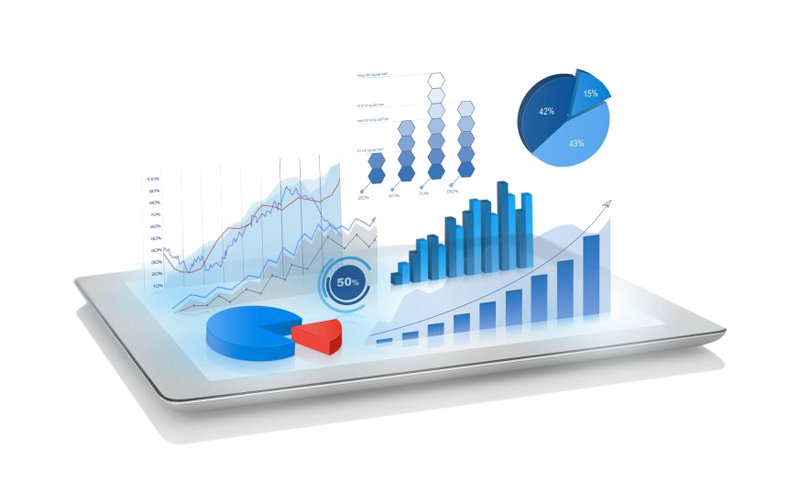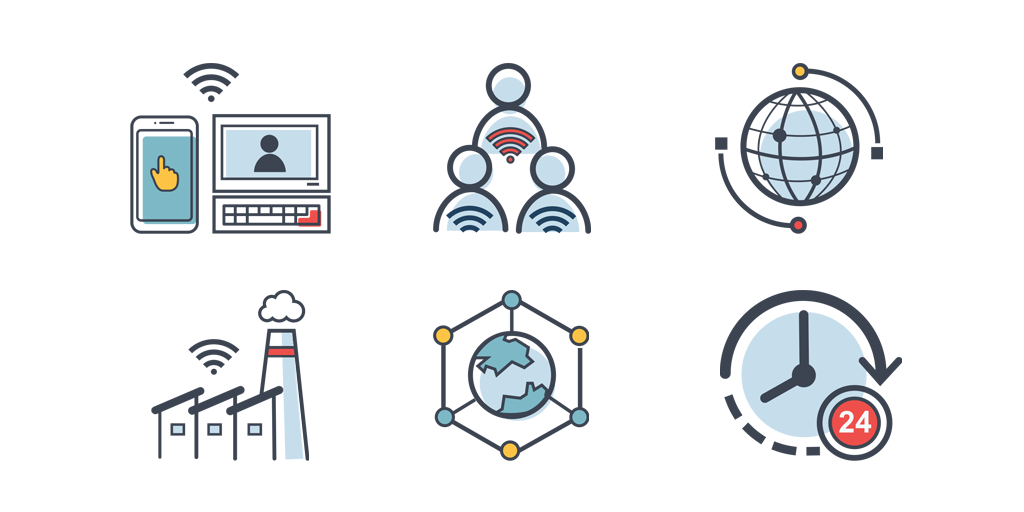Data, the oil of the 21st century
Internet of Things (IOT)

Data is the raw material of the new information age. The emergence of the Internet of Things (IoT), the improvement and cheapening of sensors, communications or the use of connected devices allow us to have access to large amounts of data. In this increasingly digitized environment, billions of pieces of data in the form of text, images or numbers are generated every day.
But this raw material is worthless if we are not able to exploit it. Its analysis allows us to discover hidden patterns in it and thus derive useful information and knowledge.
The new IOT technologies in sensorization and 5G, merge with the world of CCTV (cameras with integrated Gateway LORA) and further processing with business intelligence tools (BI). The goal, to achieve total convergence and make the leap to the next level, which will allow us to take immediate decisions and actions taken by the AI.
how IoT is applied
That data is the oil of the 21st century is a fact that reflects the situation we are living in due to the exponential development of information and communication technologies. But for this new oil to be useful, it must be extracted, refined and distributed.
The use of data in activities related to artificial intelligence, and Industry 4.0 in particular, is essential and must meet some intrinsic requirements: be varied, have a sufficient volume, be handled with adequate speed and, of course, be current.

Benefits of the Internet of Things (IoT)
Devices with this technology will enable a wide range of applications, which will have a high penetration in cities as well as in suburban and rural areas. Not in vain, they will benefit from rural activities such as agriculture and livestock, to the management of industrial environments or large buildings, bringing greater efficiency, safety and welfare to all spheres of human life.

The use, classification and massive processing of data combined with Artificial Intelligence will mean a radical change in the processes. Above all, it will impact decision-making over the next decade, marked by automation at all levels.
In this area, the term Enterprise Decision Management (EDM), which arises from the need to make it easier for users to make data-intensive and repetitive business decisions, is increasingly heard.
